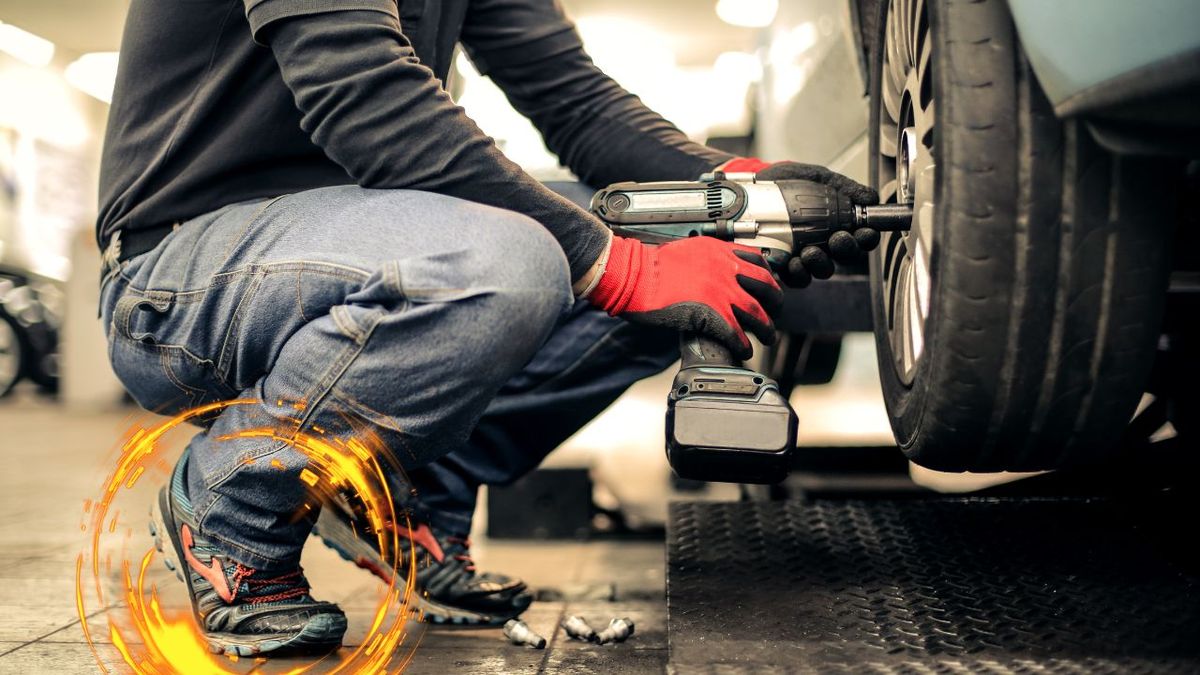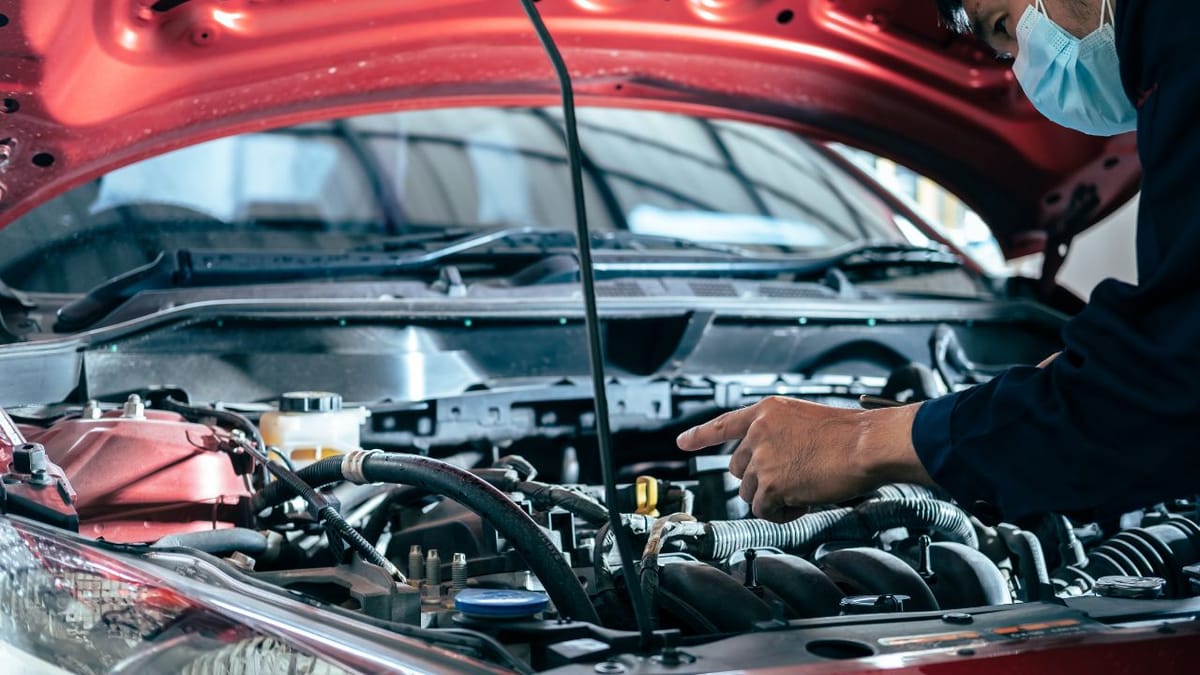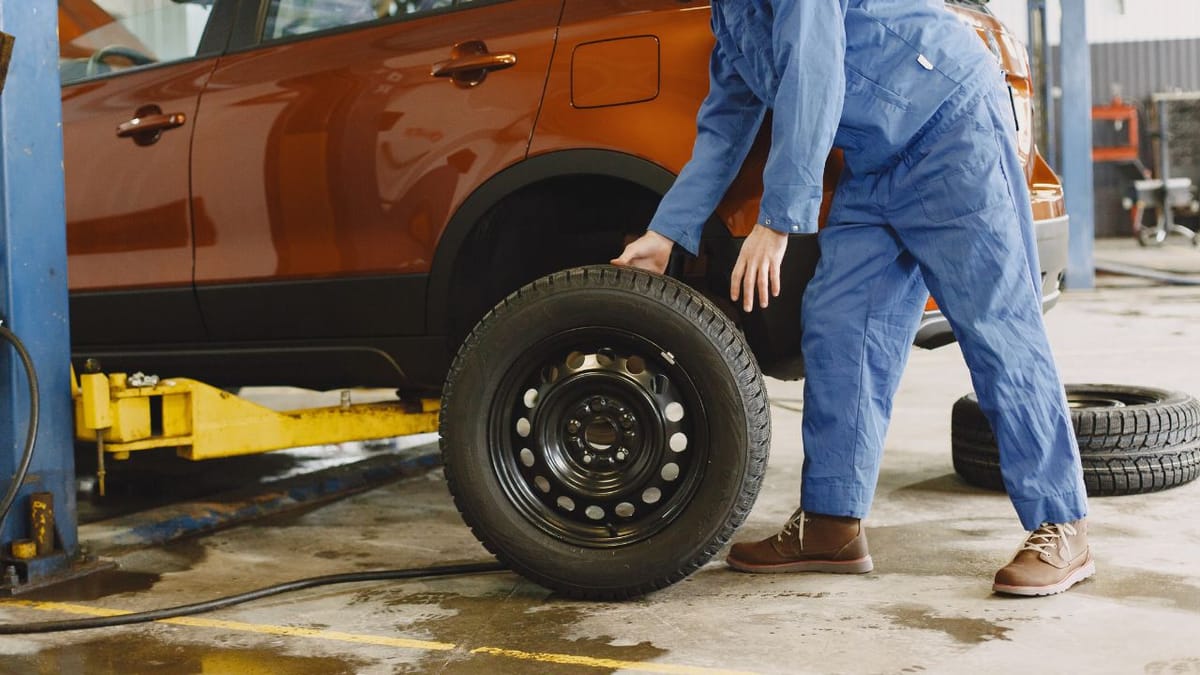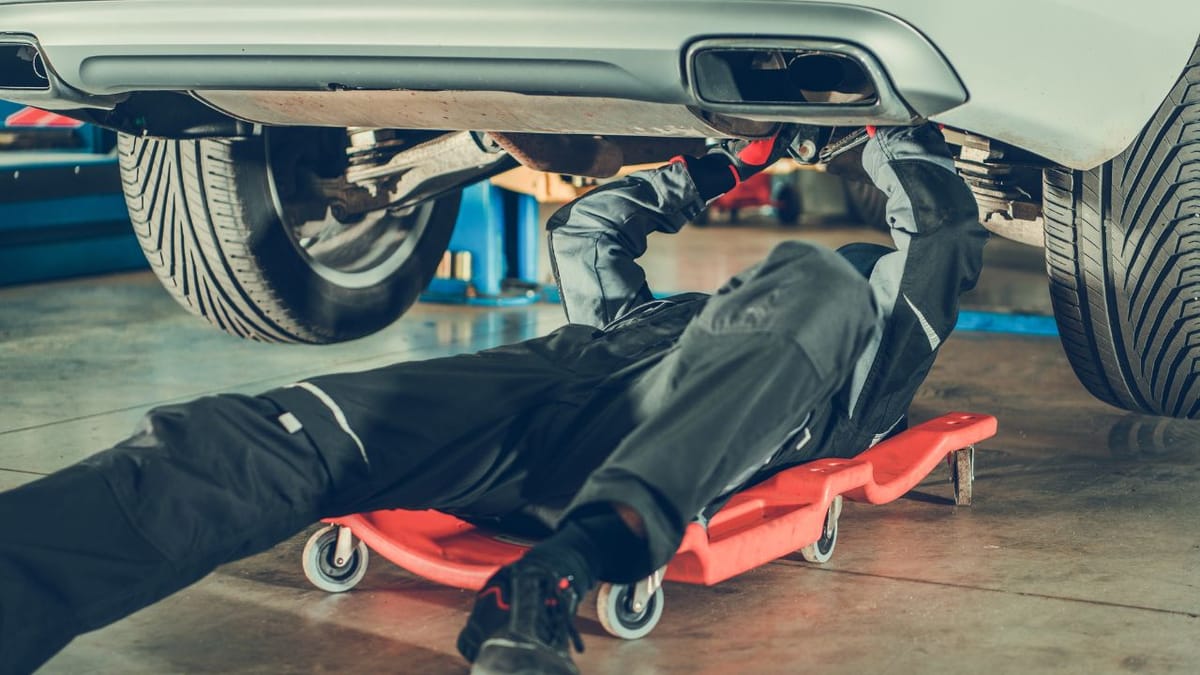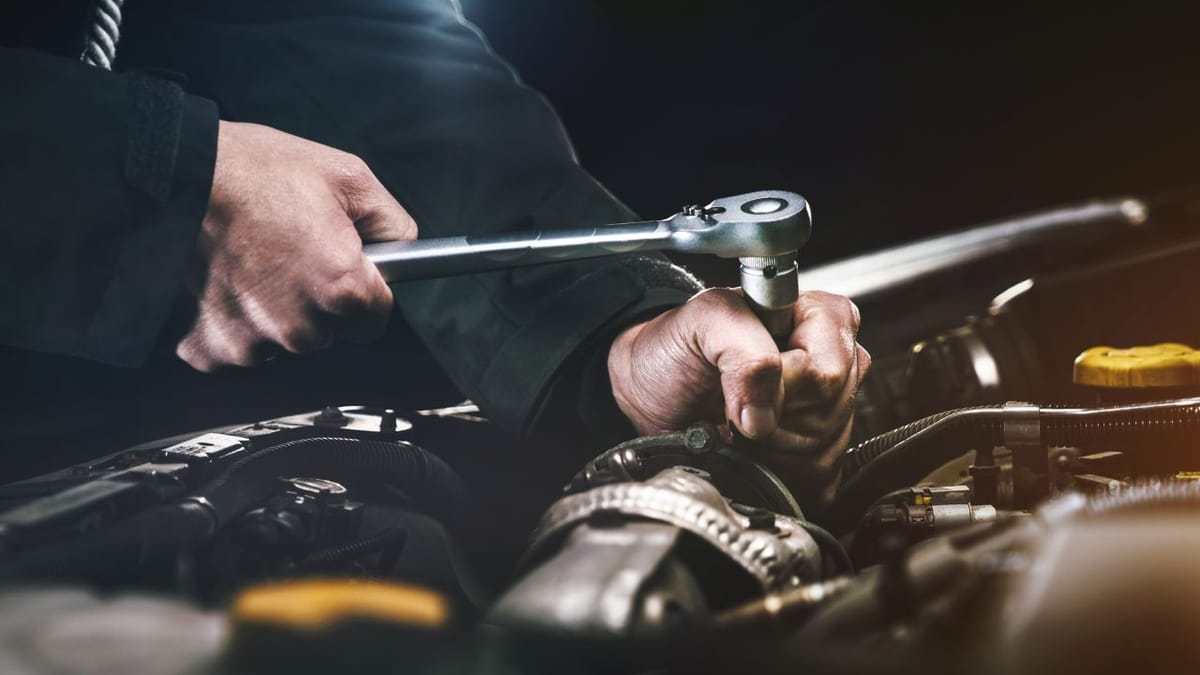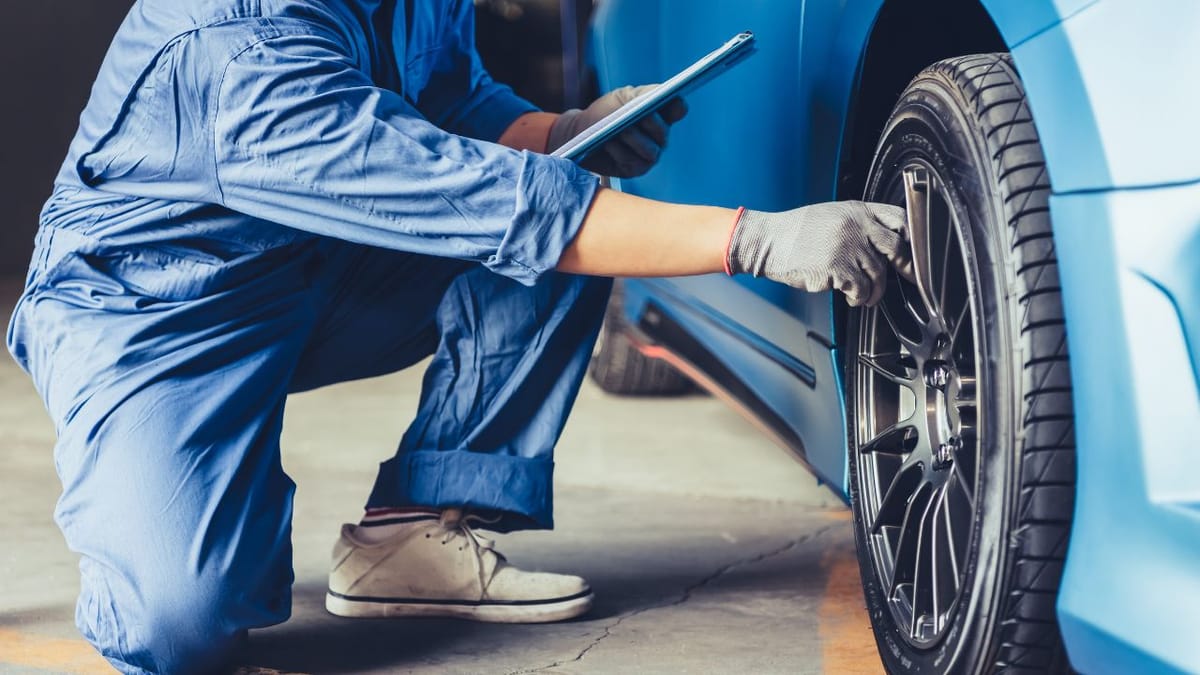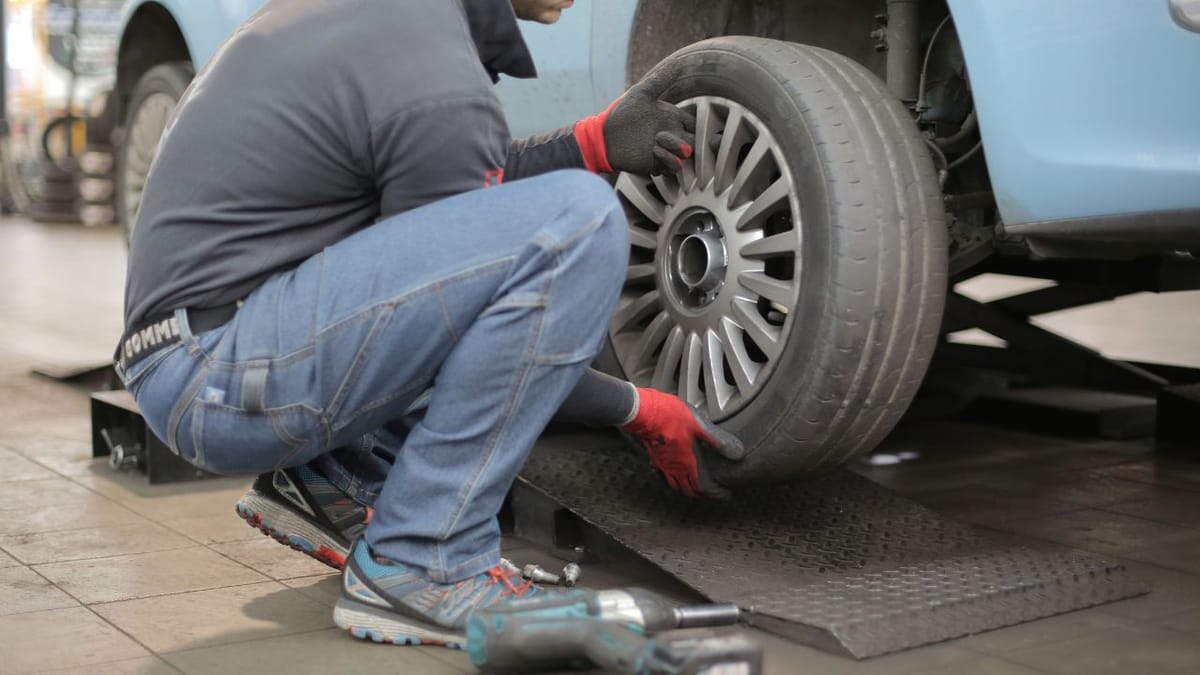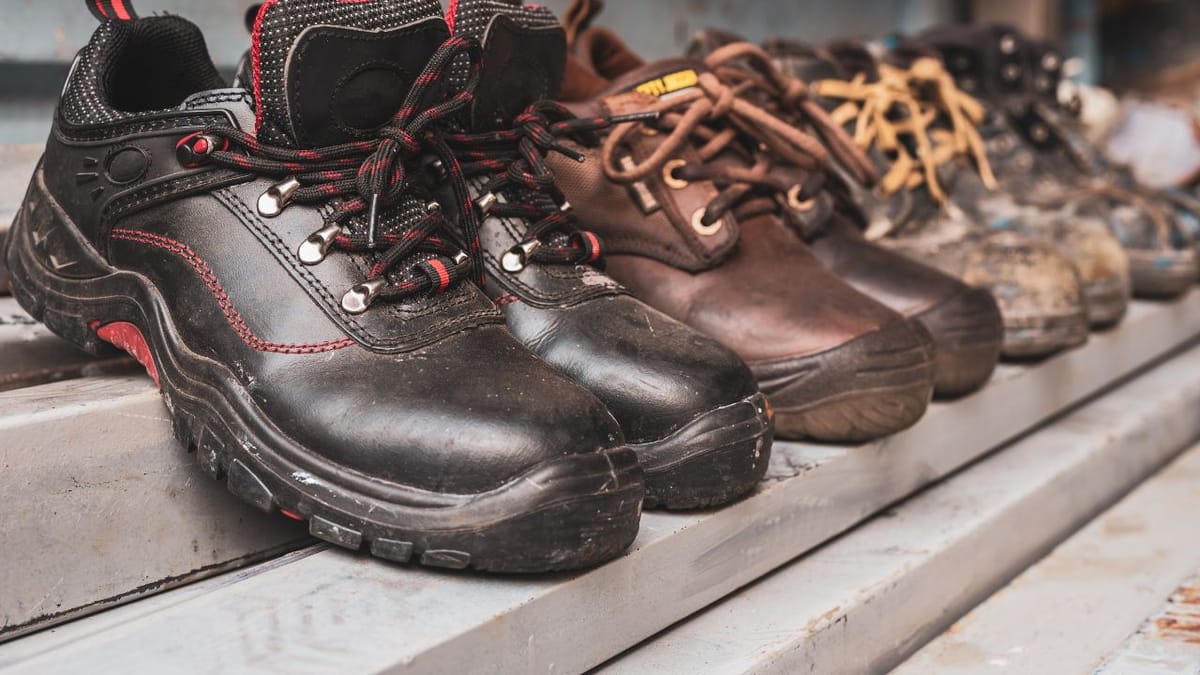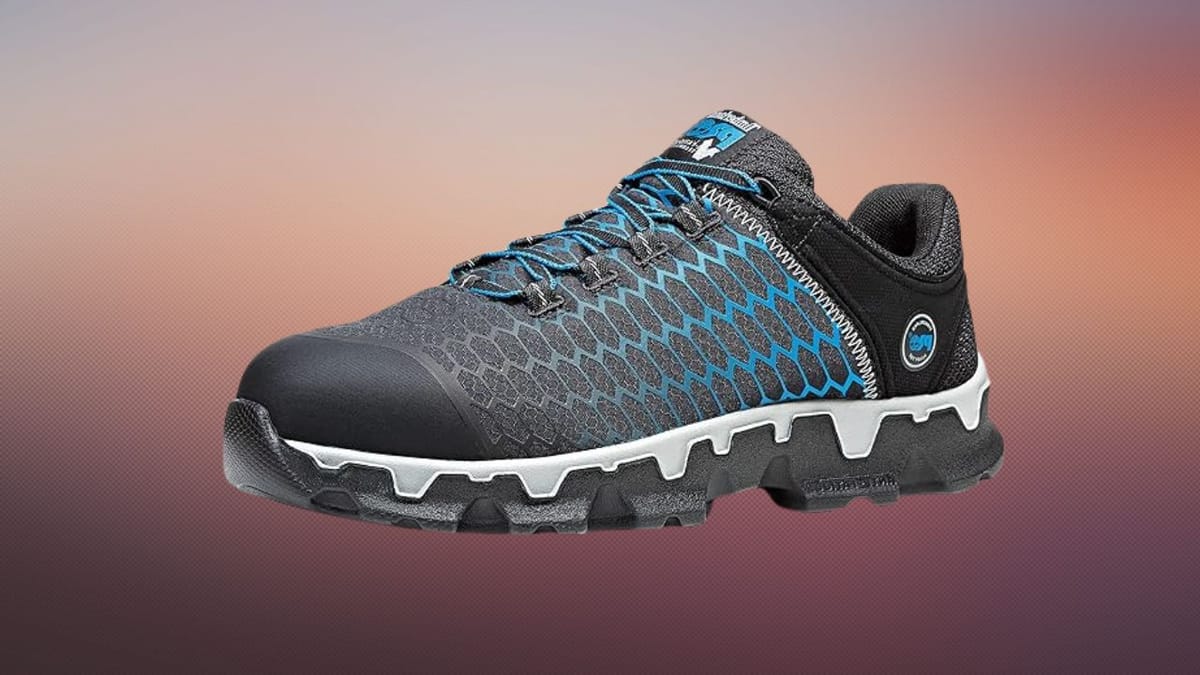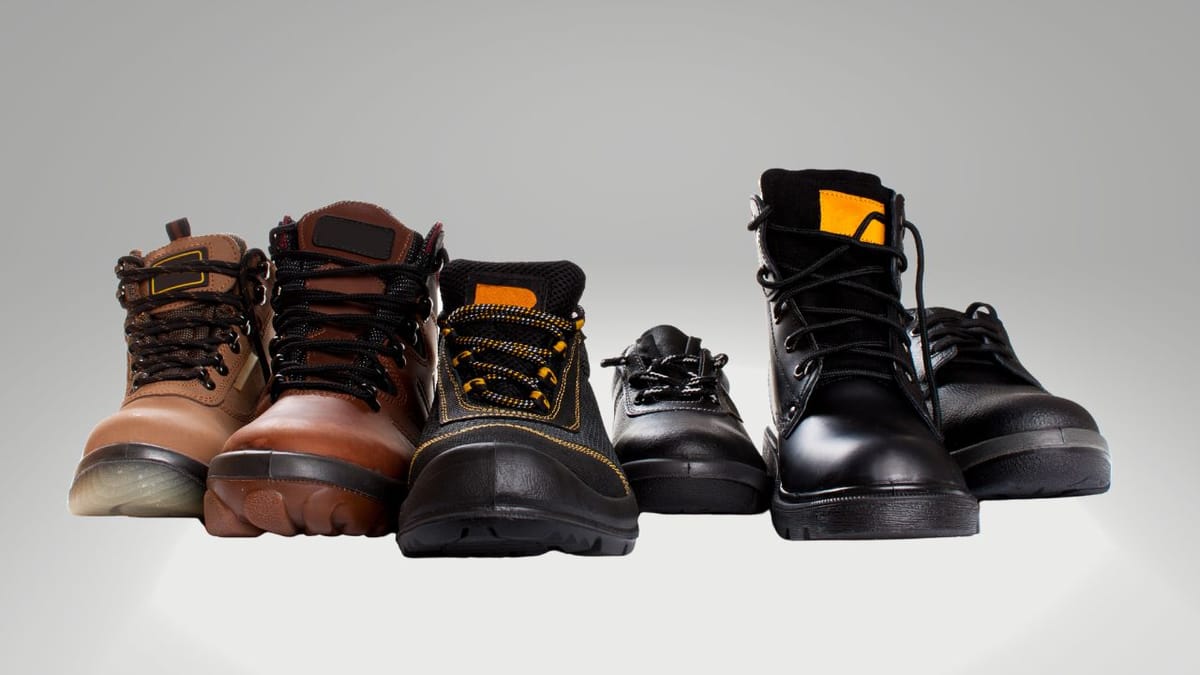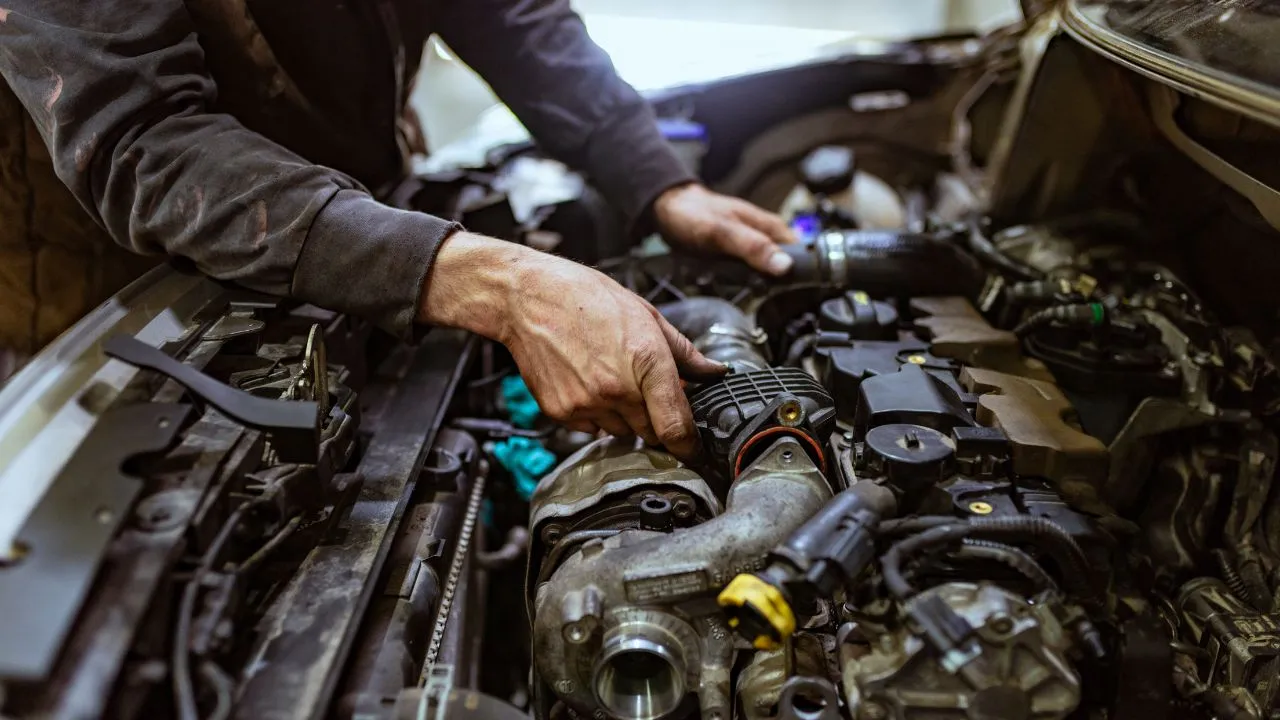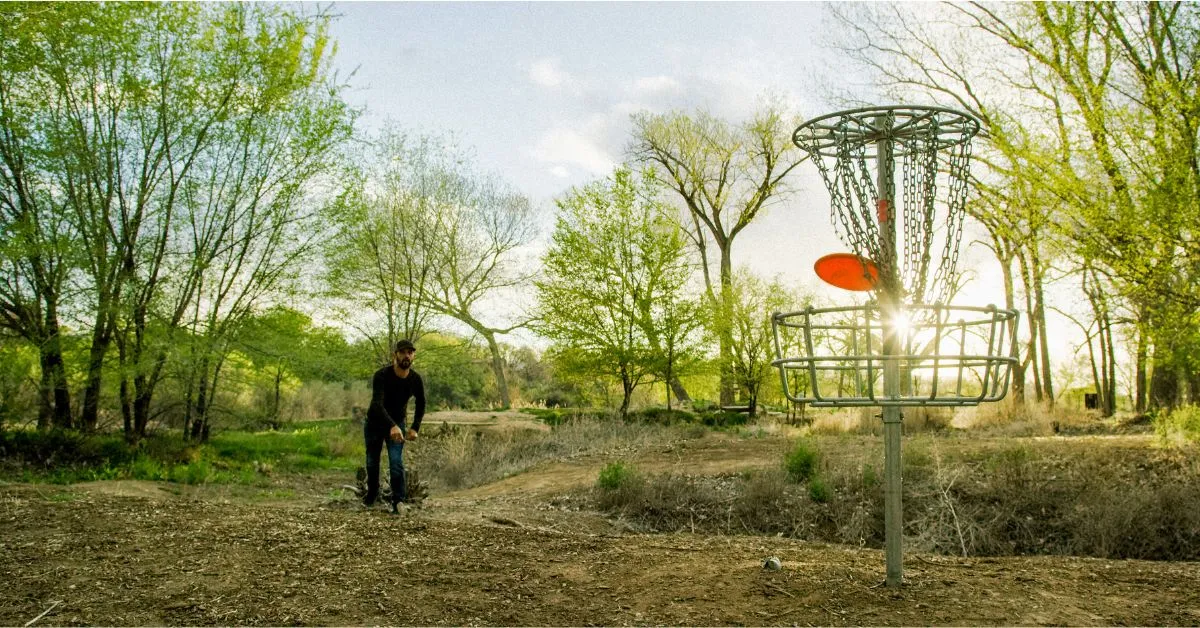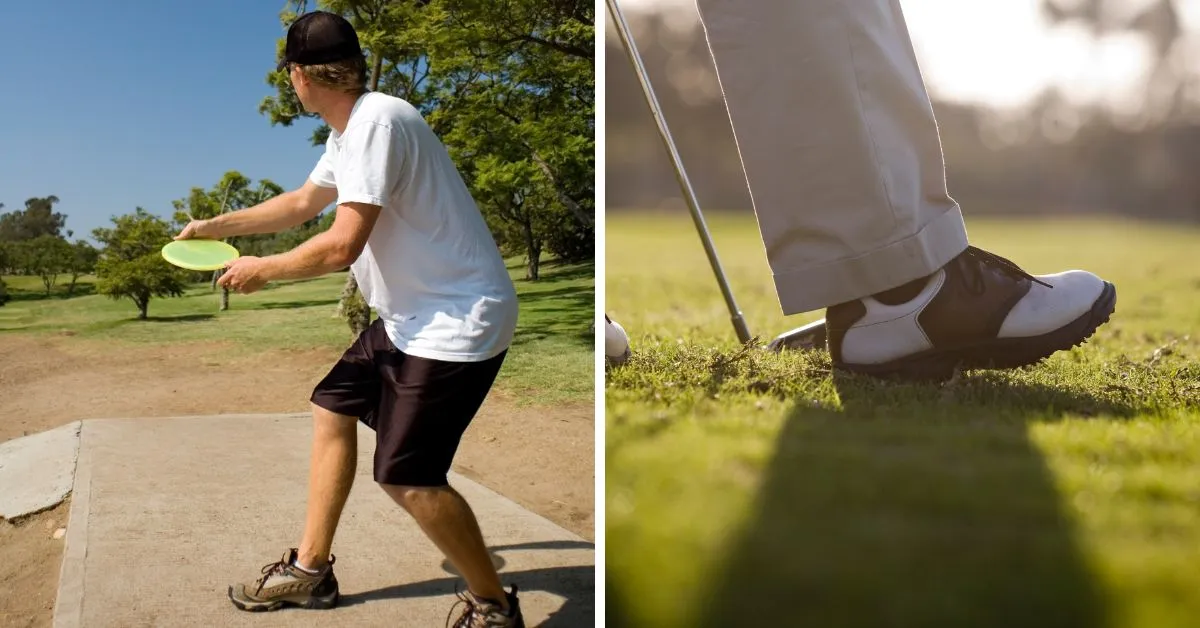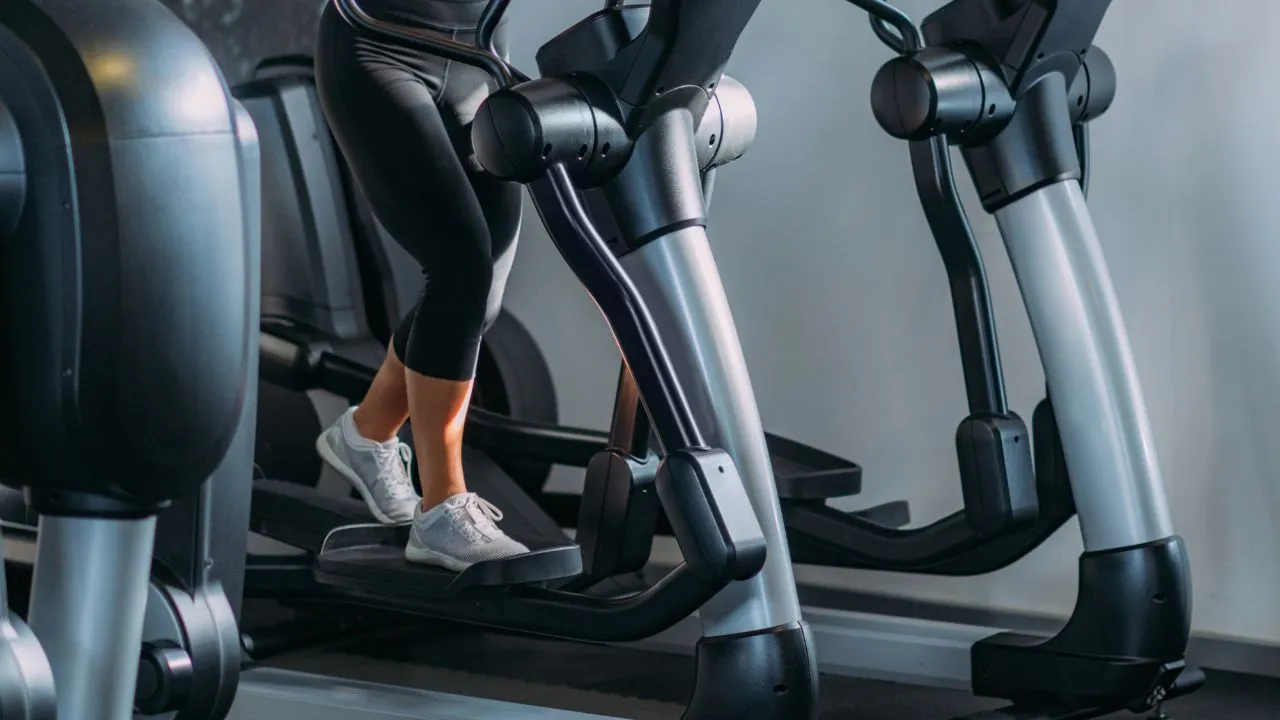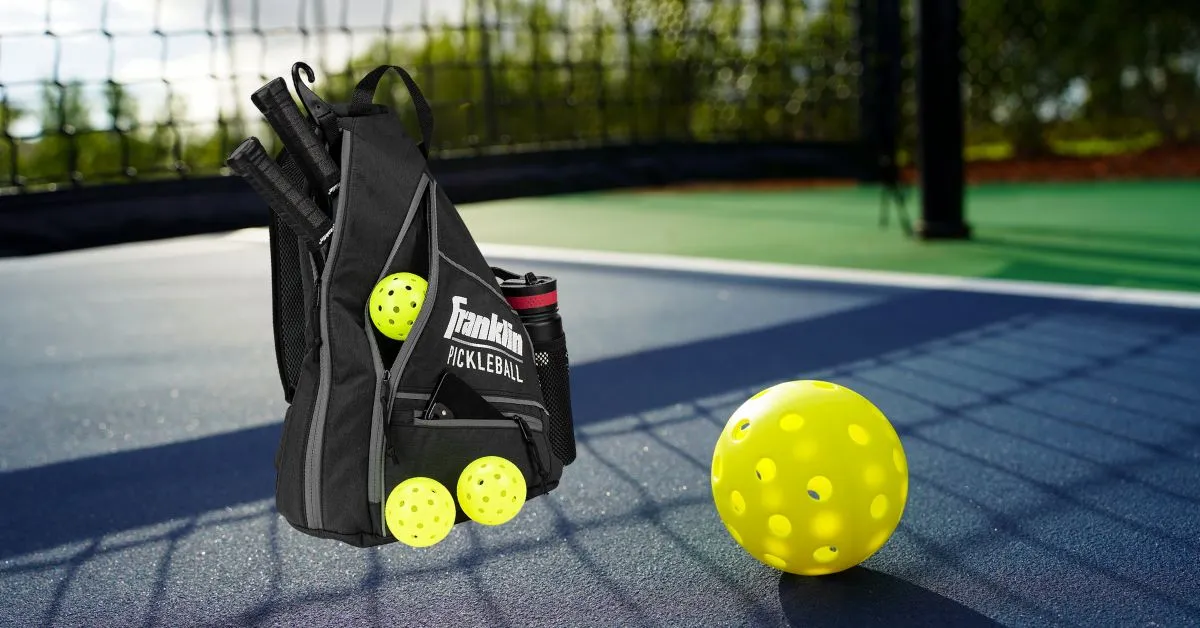Table of Contents
When it comes to working in an automotive shop, safety is paramount, and the right footwear can make all the difference. This comprehensive guide will walk you through the recommended types of footwear to ensure your feet are well-protected and comfortable while you work on vehicles.
Key Takeaways:
- Safety footwear is a must in the automotive shop environment.
- Look for shoes with slip-resistant soles, steel toes, and adequate support.
- Regular maintenance and replacement of shop footwear can prevent accidents.
Understanding the Automotive Shop Environment
The automotive shop is a place where safety cannot be compromised. With hazards such as heavy machinery, sharp objects, and slippery surfaces, it's crucial to wear the right kind of footwear. The ideal shoes for this environment should provide protection against falling objects, prevent slips, and support your feet during long hours of standing.
The Importance of Safety Footwear
Safety footwear is not just a recommendation; in many cases, it's a regulatory requirement. Occupational safety organizations often mandate that workers in automotive shops wear footwear that meets specific safety standards. These shoes are designed to offer the highest level of protection against the most common workshop hazards.
Features of the Best Automotive Shop Footwear
When selecting footwear for the automotive shop, there are several features to consider. Firstly, slip-resistant soles are crucial for preventing falls on oily or wet floors. Secondly, steel-toed boots can protect your feet from heavy objects that might accidentally drop. Lastly, proper arch support and cushioning are essential for comfort during long periods of standing or walking.
Material Matters: What Your Shoes Should Be Made Of
The material of your footwear plays a significant role in its effectiveness. Durable materials like leather can resist punctures and protect your feet from spills. Additionally, synthetic materials that are resistant to oil and chemicals can prevent deterioration of the shoe, ensuring long-term use and safety.
The Role of Personal Protective Equipment (PPE)
Footwear is a part of the broader category of Personal Protective Equipment (PPE) in the workplace. As PPE, your shoes work in conjunction with other gear such as gloves, goggles, and ear protection to create a comprehensive safety outfit that minimizes your risk of injury in the shop.
Compliance with Safety Standards
It's essential to choose footwear that complies with recognized safety standards. Look for markings that indicate the shoe meets standards set by organizations like the American Society for Testing and Materials (ASTM) or the Occupational Safety and Health Administration (OSHA). These certifications ensure that the footwear has been tested and proven to be effective in protecting your feet.
The Balance Between Comfort and Protection
While protection is vital, comfort should not be overlooked. Uncomfortable shoes can lead to fatigue, poor posture, and even long-term foot problems. Ensure that the safety footwear you choose has enough padding, a comfortable fit, and is appropriate for the shape of your foot.
The Lifespan of Your Safety Footwear
Safety footwear is not meant to last forever. Over time, the protective features can wear down, and the shoe can become less effective at safeguarding your feet. Regularly inspect your shoes for signs of wear and tear, and replace them when necessary to maintain the highest level of protection.
Special Considerations for Different Automotive Roles
Depending on your specific role in the automotive shop, you might need specialized footwear. For example, welders might require boots with fire-resistant materials, while mechanics might prioritize oil-resistant soles. Consider the unique risks associated with your job when choosing your footwear.
The Cost of Safety: Investing in Quality Footwear
While safety footwear can be more expensive than regular shoes, it's an investment in your well-being. High-quality safety shoes can prevent costly injuries and lost work time. Remember, the cost of proper footwear is negligible compared to the potential medical expenses and lost wages from a foot injury.
Summary
In the automotive shop, the right footwear is a critical component of your safety gear. It protects you from common hazards and contributes to your overall comfort and productivity. Remember to look for slip-resistant soles, steel toes, and materials that offer protection against punctures and chemicals. Always ensure your footwear complies with safety standards and replace them when they show signs of wear. By investing in quality safety footwear, you're investing in your safety and long-term health.
FAQ Section
How often should I replace my safety footwear?
The lifespan of safety footwear varies depending on usage and care. Regularly inspect your shoes for signs of wear, such as worn soles or damaged toe caps, and replace them when they no longer provide adequate protection.
Can I wear regular sneakers in the automotive shop?
Regular sneakers do not offer the necessary protection against the hazards found in automotive shops. It's essential to wear safety footwear that meets industry standards for protection.
What safety standards should my footwear comply with?
Look for footwear that complies with standards set by organizations like ASTM or OSHA. These standards ensure that the footwear has been tested for impact, compression, and other safety features.
Other Related Articles
